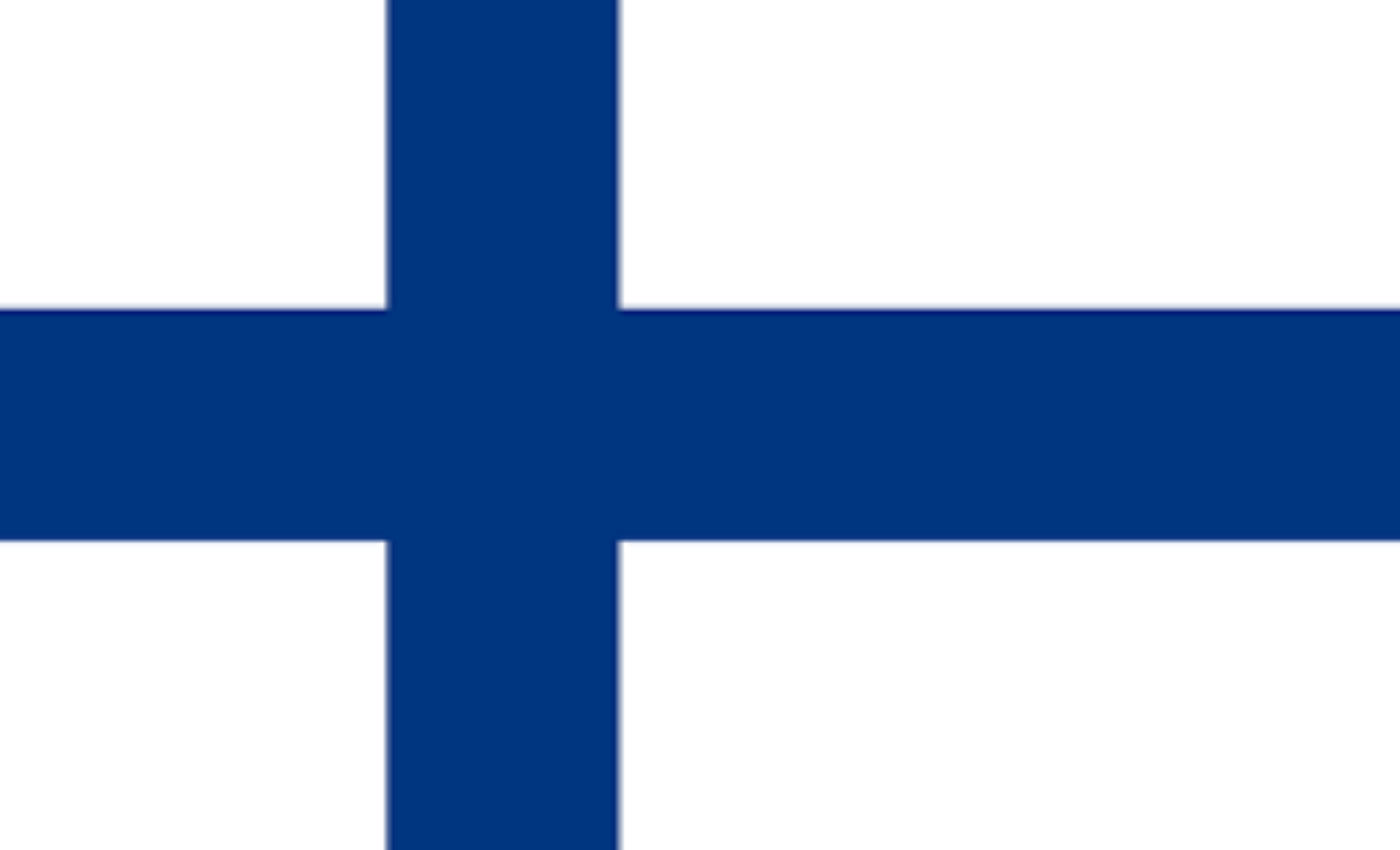
Known as the Republic of Finland, Finland is a Nordic country in Northern Europe that shares borders with Sweden to the west, Russia to the east, and Norway to the north, with the Gulf of Finland to the south, across from Estonia. The country is known for its stunning natural landscapes and pristine nature (including: over 180,000 lakes, and vast forests), along with: northern lights, high quality of life, sauna culture, world-class education system, innovative society, and being dubbed as one of the happiest countries in the world.
Its capital, Helsinki, located on the southern coast (facing the Baltic Sea), is the largest city in Finland and serves as its cultural, political, and economic centre. It is home to famous landmarks such as the Helsinki Cathedral, the Suomenlinna sea fortress, Temppeliaukio (Rock Church) and the Oodi Central Library, and is known for its vibrant culture, efficient public transportation, clean design aesthetic, and being named as a World Design Capital.
While earthquakes, tornadoes, and typhoons are rare, forest fires, floods, and frost quakes can occur.
Finland uses a day-fine system (päiväsakko), where penalties are based on the offender’s daily disposable income after taxes. The fine amount equals a number of 'days' of income, with the daily rate typically around half of one’s daily net income, after deducting €255 and adjustments for dependents. Minimum is €6 per day, but fines can reach tens or even hundreds of thousands of euros for wealthy individuals. For example, one wealthy motorist was fined €74,000 for driving moderately above the speed limit, and another multimillionaire was fined around €121,000 for speeding 30 km/h over the limit. If the offender’s income is unknown (e.g., a foreign tourist), authorities use the minimum rate or base it on the person’s own income declaration.
Minor Infractions (Rikesakko / Petty Fines) are fixed-amount fines (not income-based) applied by police when the offender admits guilt. Common violations include: littering, public disturbance, or minor traffic offences such as:
Speeding over 20 km/h above the limit can result in day-fines (income-based) instead of petty fines. Foreign-registered vehicles caught by speed cameras often do not receive penalties, because systems aren't set up to enforce abroad. However, roadside checks can still result in fines, and these can be issued to foreign drivers.
In Finland, authorities can potentially identify and track tourists via passport or entry information. If tourists ignore fines, they risk legal proceedings, which can convert unpaid day-fines into prison sentences (typically 3 day-fines = 1 day of imprisonment). Fines do not go on criminal records, but they are registered in police systems and can affect background checks, residency permits, or other official matters even for foreign visitors.
The official languages of Finland are Finnish and Swedish, but Sámi, Karelian, and Finnish Kalo are also spoken.
In Finland, driving is on the right-hand side, and headlights must be on at all times, day and night. The minimum driving age is 18, but to rent, is generally 20 or 21, with some rental companies requiring drivers to be older for certain vehicle types. Drivers must also hold a valid driver's license for at least one year, and drivers under 25 may face a 'young driver surcharge' or have restrictions on the types of vehicles they can rent.
Valid UK licences are accepted in Finland without the need for an International Driving Permit (IDP), but if you hold an older paper licence or your licence was issued in the Isle of Man, Guernsey, or Jersey, then an IDP is required. If importing your own vehicle to Finland, no customs declaration needed if driving the vehicle in as a tourist (use the green channel). You may need Frontier Motor Liability Insurance if your vehicle lacks a valid green card (for motor insurance). Maximum stay for your vehicle is six months, After that, it must leave the EU or be declared for use.
Winter tyres are mandatory when conditions demand it (typically November – March). Studded tyres are permitted and common in icy conditions. Always clear snow and ice from roof, windows, and lights (clearing the roof is required by law). Keep essentials like warning triangle, high-visibility vest, and snow brush/ice scraper in your vehicle, always check the weather, and avoid relying solely on GPS in winter; many lesser roads are unplowed or impassable.
Diesel, E95 (petrol), and E98 (premium petrol) are common in Finland, but LPG is virtually unavailable. Self-service is standard at most stations where international cards are widely accepted. However, Finnish pumps traditionally lacked automatic nozzle locks, and app-enabled systems are rare.
Alcohol limit is 0.05%
Seat belts are mandatory for all occupants.
Child seats are required for children under 135 cm; those above can use regular seat belts.